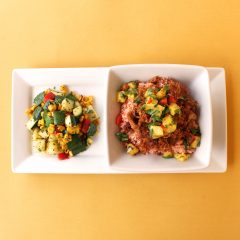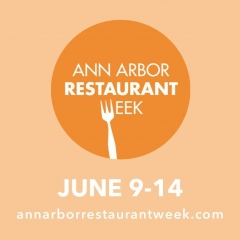
Zingerman’s Deli Dinners A Go-Go
Order complete, ready-to-heat and tasty-to-eat meals from Detroit Street In the spirit of making it easier for folks who don’t want to do a lot of cooking, but still want to eat at home, the Zingerman’s Deli kitchen crew has started packing up marvelous, fully-cooked meals. You heat it up, sit down, and have fine […]
Read more »



Zingerman’s Art for Sale